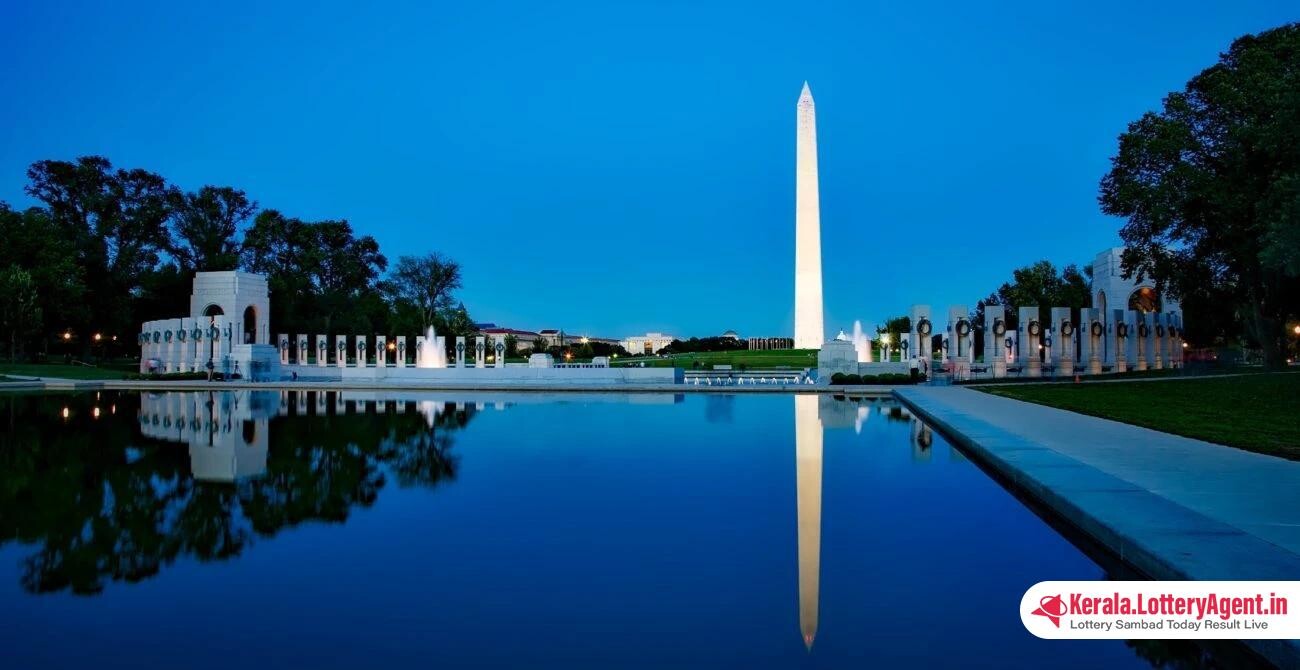
In a significant shift for Washington, DC’s betting landscape, a new bill is set to reform the district’s digital sports wagering sector, introducing a pioneering Class C license which would open citywide opportunities for operators. As of now, GambetDC stands as the sole platform accessible throughout the capital—a situation that has been ripe with criticism since the service went live. Operated under the auspices of Intralot on behalf of the Office of Lottery and Gaming (OLG), GambetDC has been notorious for its unfavorable odds, limited betting markets, and a user experience that leaves much to be desired.
Bettors in search of more enticing options have been known to venture to neighboring Maryland and Virginia, where no fewer than 10 online sportsbooks are available, providing a stark contrast to the stifling monopoly of the district. The current local market does include offerings from BetMGM and Caesars Sportsbook, but their digital wagering is constrained to the immediate vicinities of their partner sports stadiums and limited to a radius of just two blocks.
Since GambetDC’s inauguration in May 2020, it has contributed a mere $4.3 million in tax revenues to the district, a sum that pales in contrast to pre-launch studies that projected potential earnings of up to $84 million. When comparing to Delaware, which also operates under a single sportsbook system, the comparison is stark: Delaware has amassed $65.5 million in taxes since its June 2018 launch. In New Hampshire, with a similar setup, the figures are even more impressive: $101.8 million since December 2019.
The paths diverged back in 2019 when online sports betting was legalized by the DC Council. At that time, it was decided that Intralot, already serving as the lottery vendor, would spread its wings into sports betting without facing any competition—effectively a monopoly. Now, with Intralot’s contract due to expire in the upcoming summer, and amid proposals of subcontracting the digital sports wagering platform to FanDuel, the monopolistic grip could loosen.
During a roundtable discussion in January, DC Councilmember McDuffie raised questions about the sudden shift in strategy with Intralot’s contract nearing its end, expressing skepticism about the timing and validity of the proposed improvements.
Under new management, FanDuel would assume the operating costs associated with sports betting, costs that range from $2 million to $4 million annually, channeling more funds into the city’s general coffers. This transition falls in line with the broader vision for the market expressed by McDuffie, a steadfast advocate of a more competitive betting environment, with his support dating back to the inception of online sports betting legislation in DC.
McDuffie’s proposal, filed on March 20th and set for introduction on March 22nd, is not unexpected. It calls not only for a new class of sports betting licenses but also demands existing operators tied to sports franchises or venues to obtain new licenses to extend their services beyond the current geofenced zones, which would include BetMGM, Caesars Sportsbook, and FanDuel. If passed, this bill would lift the virtual barriers around sports venues, though federal property within the city would still be off-limits for betting activities.
The projected Class C license carries a significant $2 million application fee, valid for five years, with the possibility of renewal at half the cost. This legislative shake-up also suggests a taxing scheme that could potentially set aside 30% of digital sports betting revenue, with the aim to maximize returns to the District of Columbia either through an open licensing model or by forging contracts with a select number of partners.
Adding a social responsibility angle to the legislative proposal, McDuffie is urging for the restoration of funds geared toward problem gambling initiatives and responsible gambling measures. This effort comes after a $200,000 allocation directed to the Department of Behavioral Health (DBH) by Mayor Muriel Bowser was removed from the budget last summer following non-utilization of the funds by the agency.
If McDuffie’s plan takes root, the DBH could see the first $300,000 of revenue directed towards their programs for problem and responsible gambling. Additionally, $1 million would go towards the Washington Convention Center and Sports Authority to fund extracurricular and “out-of-school time” sports activities for public school students. The responsibly structured bill acknowledges the importance of safeguarding against gambling-related issues, while promoting community and youth engagement through sports.
This proposed legislation is a bold move towards rejuvenating Washington, DC’s digital sports betting realm, encapsulating efforts to stimulate a competitive market and nurture a responsible gaming environment. McDuffie’s bill is poised to catalyze transformative changes that will affect not only industry stakeholders but also contribute positively to the broader community.












